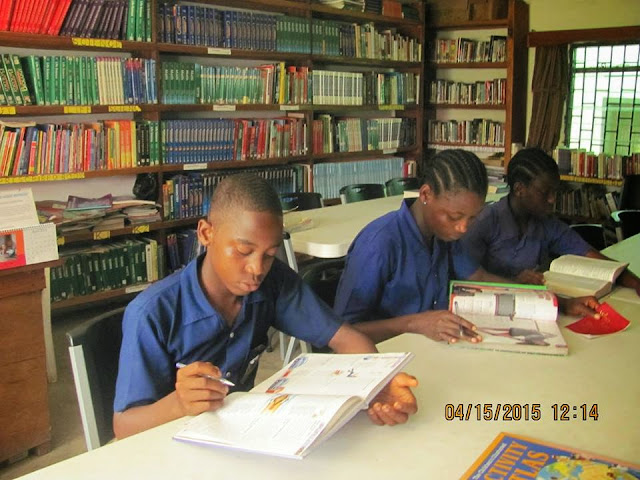The Civil Wars in Liberia led to many near death experiences for most everyone that survived them. Eric's story is no different. Being separated from his parents as a young child while looking for food, he was kidnapped and tortured by soldiers when he refused to fight. He was thrown in the jungle to die by militants after his injuries were so severe he was no longer seen as useful to them. Left to wander as an unaccompanied child from one West African nation to the next, he found himself sleeping under bridges, begging for food, being thrown in jail in a foreign land, getting sick and hungry in refugee camps, being beaten and almost killed by a mob of Nigerian vigilantes, and the list goes on and on.
These surreal and traumatizing events all put Eric to within a breath of losing his life many times over. However, he has chosen not to be overcome or overwhelmed by the memories of his numerous encounters with near death. Instead, Eric has chosen to turn the tables and face "head-on" the culture and environment that created this horrific time period in Liberian history.
 |
| Eric sharing his story with US HS students in MO. |
 |
| Eric speaking with Liberian volunteers |
 |
| Eric, Ambassador Jeremiah C. Sulunteh, myself, and the ambassador's wife. Eric continues raising awareness of Liberian needs in the US. |
 |
| CAN schools are an exception among Liberian schools. They have libraries! |
 |
| ...and computers! |
 |
| Heart of Grace school in Montserrado County |
 |
| Loading supplies for Liberia during the recent Ebola Crisis |
The people of Liberia remain vulnerable. As a child Eric found himself vulnerable and victimized by a war he didn't start or understand. It almost cost him his life. He can't stand the thought of other children having that same experience. This is one of the main reasons why he is so passionate about education in Liberia. He sees himself in the eyes of the Liberian child.
 |
| Eradicating Liberian poverty one child at a time. |
 |
| ...It adds up! |
Today, as founder and director of Change Agent Network (CAN), Eric is passionate and energetic about the various programs this organization is operating throughout Liberia. The "Network" part of his NGO name is a key component to the organization. It is what makes this Liberian NGO unique. In a nation plagued with corruption and power posturing, CAN is different in that it actively seeks to network with and serve other organizations. While most of CAN's efforts are focused on education, their network of partnerships has helped facilitate access to clean drinking water wells, small business development, orphanage care, and overall community development.
CAN in Liberia today has three working campuses with approximately 3000 students and 9 schools in Lofa, Bong, and Montserrado Counties. They have also partnered with 2 other school campuses in the construction phase and have connected with numerous others for mutual edification. With connections made in Bassa, Grand Cape Mount, and Margibi counties, CAN is also considering a new school with their connections in Nimba. The hope is to one day have a working school campus and community development center in each of the 15 counties of Liberia. Another important part of the vision is a University to send all of these High School grads to, which is to be developed on their campus in Lofa.
 |
| Proposed University design for Lofa County - CANU |
School Choir at one of the CAN schools:
 |
| This pile of rocks was broken up by sledgehammer in order to build a school. Now THAT is dedication! |
Eric would be the first to admit that it is not he alone that is making a difference in Liberia. He would point to the network of partners and volunteers (both Liberian and international) that are making a difference. I agree with that, but I also think that Eric is a special person. He is on the front lines, trying to prevent Liberia from facing the chaos it faced in his youth. His heart was broken by that chaos, but the way he seems to see it: a broken heart only means he has more pieces of his heart to share. Thanks brother and keep it up!
 |
| My Liberian brother Eric and I in Liberia 2011 |
For more info:
Click here to hear part of a 2013 radio interview with Eric in Liberia on ELBC.
Newspaper archives that track a history of involvement in Liberia and for Liberians for over 10 years.
History of CAN
Change Agent Network Overview (taken from the website):
OUR MISSION: To Partner with Impoverished African Communities to Fight Poverty Through Education
OUR VISION: An African Continent Free of physical and Mental Poverty as well as intellectual slavery



